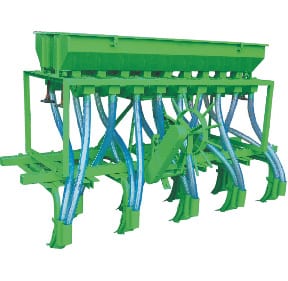
Agriculture
February 5, 2024
Zero Till Seed Fertilizer Drill
Read SolutionImplemented by
Agro Vision
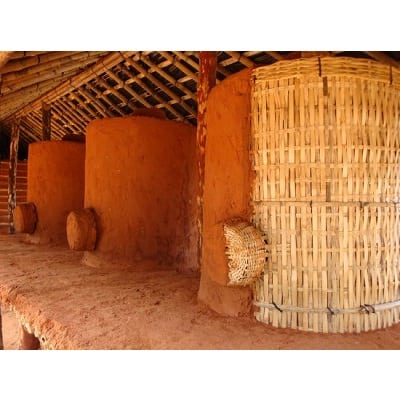
Updated on August 20, 2024
·Created on August 27, 2015
The Zero Emission Fridge for Rural Africa is a cooling silo built using bamboo and clay, with a vermin control system for storing grains.
Zero Emission Fridge for Rural Africa (ZEFRA) also known as Silo Tehetere is a seed storage silo built with local materials. It supports subsistence farmers in Mozambique to sustain food security through reduction of post-harvest losses. Furthermore, the silo helps the farmer families to adapt to climate change that is extending the drought-caused October-to-January ‘hunger period’.
Target SDGs
SDG 2: Zero Hunger
Market Suggested Retail Price
$50.00
Target Users (Target Impact Group)
Household, Community, Small and Medium-sized Enterprises
Distributors / Implementing Organizations
HELVETAS Swiss Intercooperation
Regions
Africa
Countries
Mozambique
Manufacturing/Building Method
Individually built by farmers with support/ instruction from HELVETAS Interview with representative
Intellectural Property Type
Trade Secret
User Provision Model
The ZEFRA construction relies on existing local knowledge/expertise. Users are responsible for procurement of necessary construction materials. Helvetas Mozambique is available to provide support.
Distributions to Date Status
More than 800 were built and used in 2010 in Mozambique, each of them benefiting an average of 10 families.
Materials of construction
Weaved bamboo structure covered with clay on both sides
Grain storage duration
4 months
Holding Temperature (°C)
Unknown
Protection from insect entry
Yes
Storage capacity (kg)
250
Temperature control
No
Design Specifications
The basic design of the ZEFRA is a weaved bamboo structure covered with clay on both sides. The clay case of the silo seals the seeds in an almost hermetic chamber and improves the effect of the organic, herbal repellents, which is used to inhibit insects such as the granary weevil. It stands on a base that incorporates vermin traps to protect the grain from rats and mice. The ZEFRA is installed under a simple shelter to maintain cool, dry and constant conditions.
Technical Support
Together with the local NGO AMA (associação do meio ambiente) Helvetas Mozambique provides training courses for post-harvest techniques including the construction of silos Tethere, climate mitigation, post-harvest, seed-bank management, leadership and conflict management. Interview with representative
Replacement Components
ZEFRA construction materials include bamboo and clay and can be replaced based on local availability.
Lifecycle
Unknown
Manufacturer Specified Performance Parameters
The product is designed to reduce post-harvest losses and establish seed banks that store sufficient seed reserves.
Vetted Performance Status
Unknown
Safety
There are no known safety risks linked to the use of this product
Complementary Technical Systems
Unknown
Academic Research and References
George, M. L., 2011, Effective grain storage for better livelihoods of African farmers project: Completion report June 2008 to February 2011.
Tefera, T., Kanampiu, F., De Groote, H., Hellin, J., Mugo, S., Kimenju, S., Beyene, Y., Boddupalli, P. M., Shiferaw B. and Banziger, M., 2011, The metal silo: An effective grain storage technology for reducing post-harvest insect and pathogen losses in maize while improving smallholder farmers’ food security in developing countries. Crop protection, 30(3), pp 240-245.
Compliance with regulations
Unknown
Other Information

Agriculture
February 5, 2024
Implemented by
Agro Vision

Agriculture
June 25, 2024
Implemented by
Raspberry Pi Foundation

Agriculture
June 11, 2024
Implemented by
Syngenta Foundation
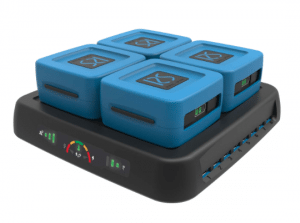
Agriculture
January 12, 2024
Implemented by
Rural Spark
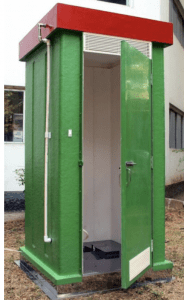
Agriculture
August 13, 2024
Implemented by
Indian Institute of Technology (IIT) Bombay
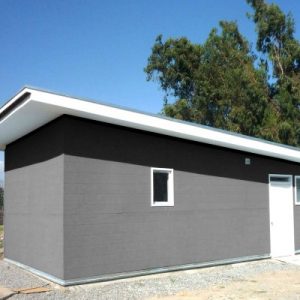
Agriculture
March 11, 2024
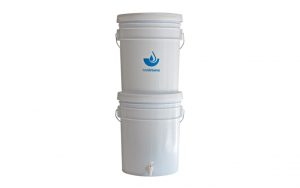
Agriculture
January 30, 2024
Implemented by
IslaUrbana
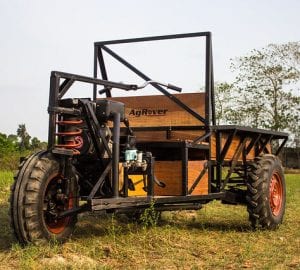
Agriculture
June 23, 2024
Implemented by
MAPS (Mobile Agricultural Power Solutions)
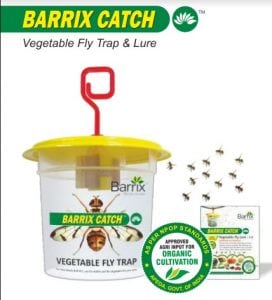
Agriculture
February 3, 2024
Implemented by
Barrix
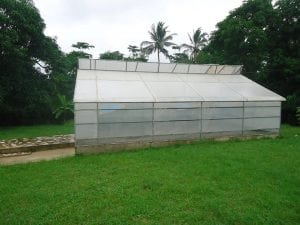
Agriculture
August 21, 2024
Implemented by
Claphijo Enterprises
Have thoughts on how we can improve?
Give Us Feedback